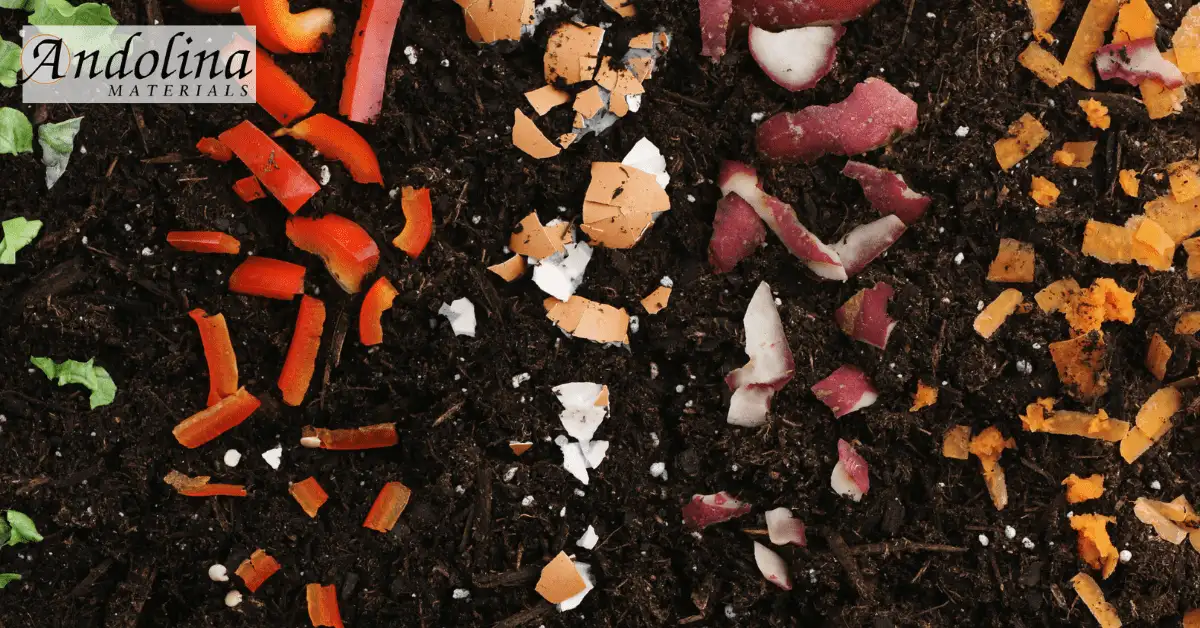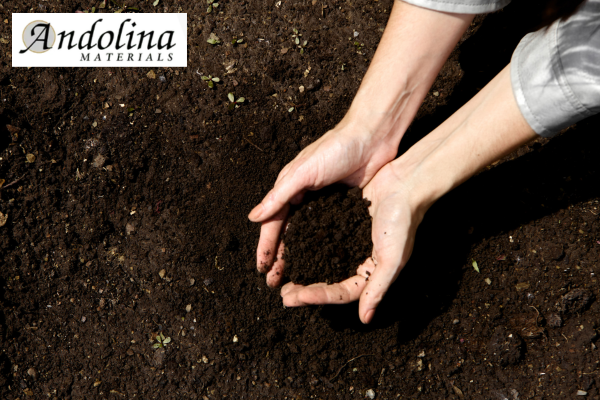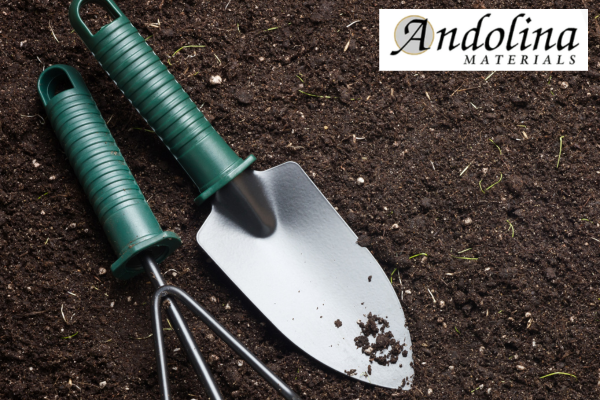Organic soil is fundamental to sustainable landscaping, offering numerous benefits that enhance plant health and environmental quality. Unlike conventional soils, organic soils are rich in natural nutrients and free from synthetic chemicals, making them ideal for eco-friendly gardening practices.
One of the primary advantages of organic soil is its ability to improve soil structure and fertility. By incorporating organic matter such as compost, organic soils enhance water retention and aeration, promoting healthy root development and reducing the need for frequent watering. This not only conserves water but also supports robust plant growth.
Moreover, organic soils foster a thriving ecosystem of beneficial microorganisms, including bacteria and fungi, which play a crucial role in nutrient cycling and disease suppression. These microorganisms help break down organic matter, releasing nutrients in forms that plants can readily absorb, leading to more vigorous and resilient vegetation.
In addition to supporting plant health, organic soils contribute to environmental sustainability. They reduce the reliance on chemical fertilizers and pesticides, minimizing the risk of water pollution and promoting biodiversity. By choosing organic soil, gardeners and landscapers can create healthier landscapes that are both productive and environmentally responsible.
Key Characteristics of High-Quality Organic Soil
High-quality organic soil possesses several key characteristics that distinguish it from conventional soil types. Understanding these attributes can help gardeners and landscapers select the best soil for their needs.
Firstly, organic soil is rich in organic matter, including decomposed plant and animal materials. This organic content improves soil structure, enhances moisture retention, and provides a steady supply of nutrients to plants.
Secondly, organic soil has a balanced pH level, typically ranging between 6.0 and 7.0, which is suitable for most plants. This pH range ensures optimal nutrient availability and uptake, promoting healthy plant growth.
Thirdly, high-quality organic soil has good drainage properties while retaining sufficient moisture. This balance prevents waterlogging and root rot, ensuring that plants receive adequate water without the risk of over-saturation.
Additionally, organic soil is free from synthetic chemicals, pesticides, and herbicides, making it safe for both plants and the environment. It supports a diverse population of beneficial microorganisms that aid in nutrient cycling and disease suppression.
Lastly, organic soil is often enriched with compost, worm castings, and other natural amendments that further enhance its fertility and structure. These additions provide essential nutrients, improving the soil’s ability to support healthy plant growth.
Types of Organic Garden Soil Available
There are several types of organic garden soil available, each suited to different gardening and landscaping applications. Understanding these options can help you select the most suitable soil for your specific needs.
Organic Topsoil is the uppermost layer of soil, rich in organic matter and nutrients. It is ideal for general gardening purposes, including planting lawns, flowers, and shrubs.
Compost-enriched soil combines organic topsoil with composted materials, providing a nutrient-dense medium that enhances plant growth. This type of soil is particularly beneficial for vegetable gardens and flower beds.
Raised Bed Mixes are specially formulated for use in raised garden beds. These mixes typically include a blend of organic topsoil, compost, and other natural amendments to ensure proper drainage and nutrient availability.
Potting Mixes are designed for container gardening and houseplants. They are lightweight, well-draining, and enriched with organic matter to support healthy root development in confined spaces.
Specialty Soils cater to specific plant needs, such as acid-loving plants or succulents. These soils are formulated to meet the particular pH levels and drainage properties required by specialized plants.
When selecting organic garden soil, it’s essential to consider the specific needs of the plants and the gardening environment to ensure optimal growth and sustainability.
How to Choose the Right Organic Soil for Your Landscaping Project
Choosing the right organic soil for a landscaping project involves several considerations to ensure plant health and project success.
Assess Soil Needs: Evaluate the existing soil conditions, including texture, drainage, and nutrient content. Conducting a soil test can provide valuable insights into pH levels and nutrient deficiencies, helping to guide the selection of appropriate organic soil amendments.
Determine Plant Requirements: Different plants have varying soil preferences. For instance, vegetables often thrive in nutrient-rich, well-draining soils, while certain ornamental plants may require specific pH levels. Understanding plant needs is crucial in selecting the right organic soil type.
Consider the Project Scope: The scale and nature of the landscaping project significantly influence the selection of soil. Large-scale projects may benefit from bulk organic topsoil deliveries, while container gardens require specialized potting mixes.
Evaluate Soil Amendments: Incorporating organic amendments such as compost, worm castings, or peat moss can enhance soil fertility and structure. These additions improve nutrient availability and support beneficial microbial activity.
Ensure Sustainability: Opt for organic soils sourced from reputable suppliers committed to sustainable practices. Using locally sourced materials reduces environmental impact and supports regional ecosystems.
By carefully considering these factors, landscapers and gardeners can select organic soils that align with their project goals and promote sustainable, healthy landscapes.
Sustainable Landscaping Benefits from Organic Soil Use
Integrating organic soil into landscaping practices offers numerous environmental and practical benefits, contributing to the sustainability and resilience of green spaces.
Enhanced Soil Health: Organic soils improve soil structure, increase organic matter content, and support diverse microbial communities. This leads to healthier soils that are more resistant to erosion and degradation.
Water Conservation: The improved water retention capabilities of organic soils reduce the need for frequent irrigation. This conserves water resources and lowers maintenance costs.
Reduced Chemical Use: Organic soils minimize the reliance on synthetic fertilizers and pesticides, decreasing chemical runoff and promoting a safer environment for humans and wildlife.
Carbon Sequestration: By increasing organic matter in the soil, organic landscaping practices contribute to carbon sequestration, thereby helping mitigate the impacts of climate change.
Biodiversity Support: Healthy organic soils provide habitats for beneficial organisms, including earthworms and pollinators, enhancing biodiversity within the landscape.
Improved Plant Resilience: Plants grown in organic soils are often more robust and better equipped to withstand pests, diseases, and environmental stresses, leading to more sustainable landscapes.
Embracing organic soil use in landscaping not only enhances the aesthetic and functional value of green spaces but also aligns with broader environmental conservation goals.
Where to Buy Organic Garden Soil in Indian Trail, NC
For residents and landscapers in Indian Trail, NC, seeking high-quality organic garden soil, Andolina Materials offers a reliable and convenient solution.
Andolina Materials is a trusted provider of premium landscaping materials, including a diverse selection of organic soils tailored to various gardening and landscaping needs. Their products are sourced responsibly and designed to support sustainable landscaping practices.
Customers can benefit from expert advice and personalized recommendations to select the most suitable organic soil for their specific projects. Whether it’s for residential gardens, commercial landscapes, or specialized plantings, Andolina Materials ensures quality and consistency in its offerings.
Additionally, their convenient location and delivery services make it easy for customers to access the materials they need promptly. For those searching for “Landscape materials near me,” Andolina Materials stands out as a dependable local source.
By choosing Andolina Materials, customers not only receive top-notch products but also contribute to environmentally responsible landscaping practices in their community.
About Andolina Materials
Andolina Materials is a family-owned business dedicated to providing high-quality landscaping materials to the Indian Trail, NC, community, and surrounding areas. With over 15 years of industry experience, they offer a comprehensive range of products, including organic soils, mulch, gravel, sand, and natural stone.
Their commitment to customer satisfaction is evident in their personalized service, expert guidance, and timely deliveries. Andolina Materials takes pride in supporting sustainable landscaping practices and contributing to the beautification of local environments.




